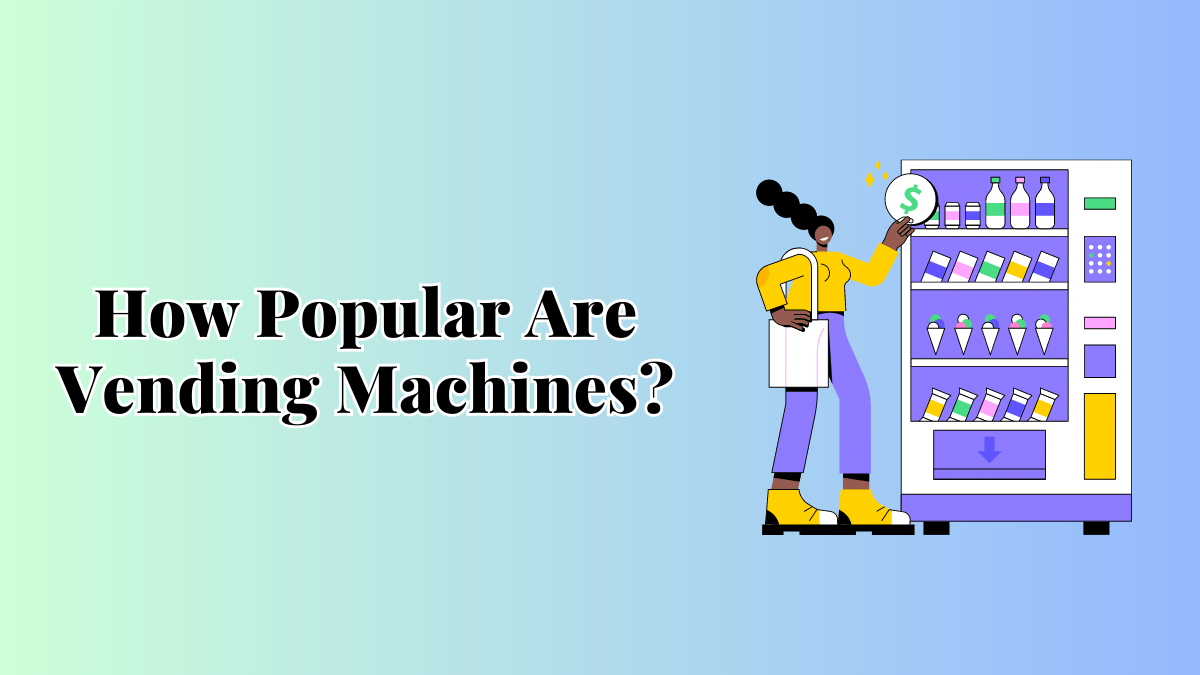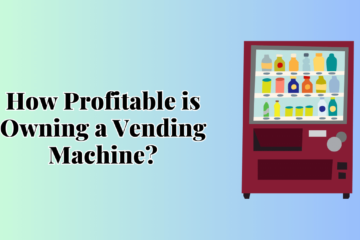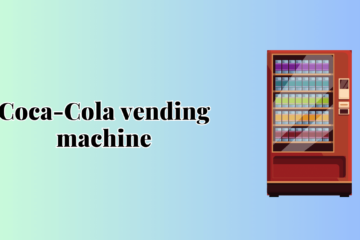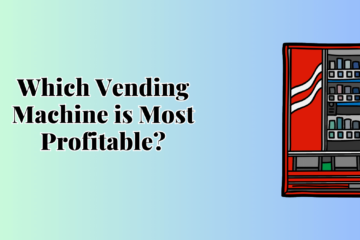Vending machines have become an integral part of modern society, providing convenience and instant gratification to people of all ages. From snacks and beverages to electronics and even live crabs (yes, you read that right!), these automated dispensers cater to a wide array of products. But just how popular are vending machines, and what drives their ubiquity in our daily lives? In this comprehensive article, we delve into the intriguing world of vending machines, exploring their popularity, history, use cases, and the future they hold.
How Popular Are Vending Machines?
Vending machines have gained immense popularity worldwide for various reasons:
1. Convenience at Your Fingertips
With the hectic pace of modern life, people crave convenience more than ever. Vending machines offer a quick and easy solution, allowing consumers to access products without the need for interaction with salespeople or standing in long queues.
2. Round-the-Clock Service
Vending machines are available 24/7, making them ideal for satisfying those midnight cravings or getting essentials during odd hours when stores are closed. This accessibility has contributed significantly to their popularity.
3. Versatile Product Range
From traditional snacks and beverages to niche products like personal hygiene items and tech gadgets, vending machines cater to a diverse range of products. This versatility ensures that there’s something for everyone.
4. Cashless Payment Options
Incorporating modern payment methods like contactless cards and mobile payments, vending machines have kept up with the digital age, making transactions smoother and more secure.
5. Expanding Retail Spaces
Vending machines enable businesses to extend their reach beyond traditional brick-and-mortar stores. They can be strategically placed in various locations, providing increased exposure and accessibility to potential customers.
6. Innovative Marketing Opportunities
Vending machines have become a canvas for innovative marketing campaigns. Brands use eye-catching designs, interactive displays, and even gamification to engage consumers and leave a lasting impression.
The Rise of Vending Machines: A Historical Perspective
The concept of vending machines is not a recent invention. Its roots can be traced back to ancient civilizations:
1. The First Vending Machine
The first known vending machine dates back to the 1st century AD in ancient Egypt. Hero of Alexandria, an ingenious engineer and mathematician, created a device that dispensed holy water upon the insertion of a coin.
2. Automats in the Early 20th Century
The 20th century witnessed a surge in vending machine popularity, with the introduction of automats—self-service restaurants where customers could purchase food and drinks from compartments activated by coins.
3. The Modern Vending Revolution
In the post-World War II era, vending machines gained momentum, dispensing a variety of products such as beverages, cigarettes, and candy. This trend continued to evolve, giving rise to the diverse vending landscape we see today.
Vending Machines: Pervasive Use Cases
The popularity of vending machines can be attributed to their diverse applications across various industries:
1. Food and Beverage
The food and beverage industry has long relied on vending machines to offer on-the-go options to consumers. From sodas and snacks to freshly brewed coffee, these machines have become an integral part of our daily routines.
2. Retail and Electronics
Vending machines have found their way into the retail sector, selling items like electronics, mobile accessories, and personal care products, providing a convenient shopping experience.
3. Healthcare Facilities
In hospitals and clinics, vending machines dispense essential medical supplies like bandages, over-the-counter medications, and hygiene products for the convenience of patients and visitors.
4. Entertainment and Gaming
Some of the most exciting vending machine installations are in the entertainment industry, where enthusiasts can buy collectibles, toys, and even video game consoles.
5. Beauty and Fashion
Fashion-forward cities are witnessing a trend of vending machines offering trendy clothing pieces, accessories, and beauty products, combining style with convenience.
6. Agricultural Products
In rural areas, vending machines have been used to sell fresh produce and agricultural products, supporting local farmers and encouraging healthy eating habits.
The Future of Vending Machines
Vending machines continue to evolve, with several innovations on the horizon:
1. Smart Vending Machines
Advancements in artificial intelligence and the Internet of Things (IoT) are paving the way for smart vending machines. These machines can analyze consumer behavior, offer personalized recommendations, and optimize inventory management.
2. Sustainable Initiatives
The future of vending machines lies in eco-friendly practices. Biodegradable packaging, energy-efficient machines, and recycling capabilities are some of the green initiatives being explored.
3. Contactless Experience
To keep up with the changing times, vending machines are likely to adopt more contactless features, allowing users to make purchases through mobile apps and digital wallets.
4. Customization and 3D Printing
Innovations like 3D printing could enable on-demand production of products within vending machines, allowing for greater customization and eliminating the need for traditional inventory.
5. Integration with Autonomous Vehicles
Imagine ordering your favorite snacks from a vending machine attached to a self-driving car. The integration of vending machines with autonomous vehicles could revolutionize convenience and accessibility.
6. Enhanced Product Diversity
Vending machines of the future will likely offer an even broader range of products, catering to specific niches and unique consumer preferences.
FAQs about Vending Machines
Q: How popular are vending machines among businesses?
A: Vending machines have become increasingly popular among businesses due to their ability to generate passive income, extend brand visibility, and provide a convenient shopping experience for customers.
Q: Are vending machines safe for transactions?
A: Yes, vending machines typically use secure payment methods such as contactless cards and mobile payments, ensuring safe and reliable transactions.
Q: What is the most commonly sold product in vending machines?
A: Snacks, particularly chips and chocolates, are among the most commonly sold products in vending machines, followed closely by beverages like soft drinks and bottled water.
Q: How are vending machines maintained?
A: Vending machine maintenance involves regular restocking, cleaning, and troubleshooting by operators to ensure seamless functionality and customer satisfaction.
Q: Can vending machines be customized for branding purposes?
A: Absolutely! Many businesses customize vending machines with their logos, colors, and unique designs to create a visually appealing and branded experience for customers.
Q: How are vending machines contributing to sustainability efforts?
A: Vending machine manufacturers and operators are increasingly adopting sustainable practices, such as using energy-efficient machines, biodegradable packaging, and recycling options, to reduce their environmental impact.
Conclusion
In conclusion, vending machines have undoubtedly earned their popularity through their convenience, versatility, and constant evolution. From humble beginnings to the smart machines of the future, these automated dispensers continue to shape consumer experiences and revolutionize various industries. As technology advances and sustainable practices take center stage,




